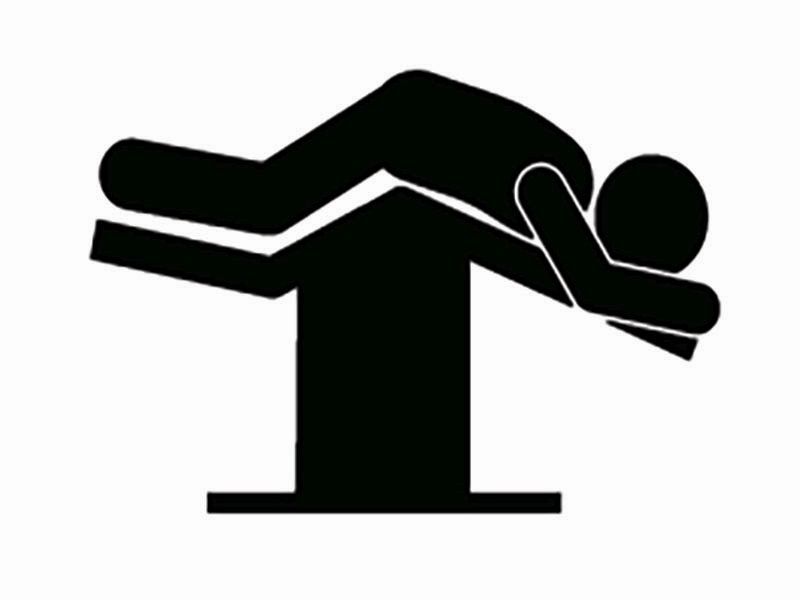MONDAY, March 28, 2022 (HealthDay News) — For patients hospitalized with COVID-19 who have moderate hypoxemia, awake prone positioning is poorly tolerated and does not improve outcomes, according to a study published online March 23 in The BMJ.
Michael Fralick, M.D., Ph.D., from Sinai Health in Toronto, and colleagues conducted a multicenter pragmatic randomized trial at 15 hospitals in Canada and the United States from May 2020 to March 2021 involving 570 patients with COVID-19 who needed supplemental oxygen and were able to independently lie prone with verbal instructions. Patients were randomly assigned to either prone positioning or standard of care in a 1:1 ratio.
Based on futility for the prespecified primary outcome (composite of in-hospital death, mechanical ventilation, or worsening respiratory failure defined as needing at least 60 percent fraction of inspired oxygen for at least 24 hours), the trial was stopped early. The researchers found that the median time spent prone in the first 72 hours was six and zero hours in the prone and control arms, respectively. The risk for the primary outcome was similar between the groups (18 and 17 events [14 and 14 percent] in the prone and standard care groups, respectively; odds ratio, 0.92; 95 percent confidence interval, 0.44 to 1.92).
“One of this trial’s key findings was that, in routine clinical settings, awake prone positioning is difficult for patients to tolerate for long enough to improve outcomes,” write the authors of an accompanying editorial.
Several authors disclosed financial ties to the health care industry.
Copyright © 2021 HealthDay. All rights reserved.


